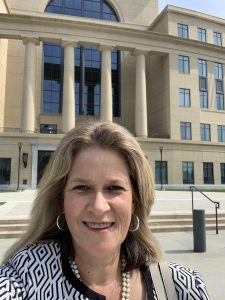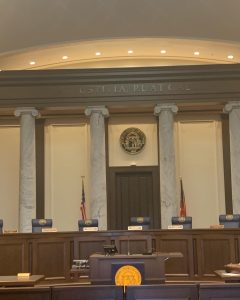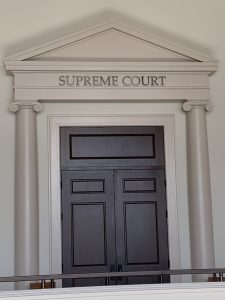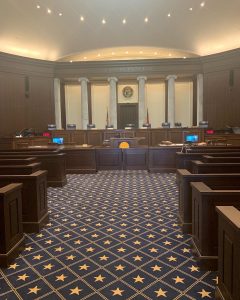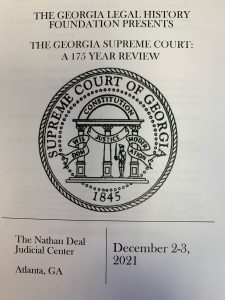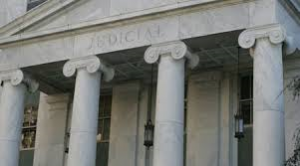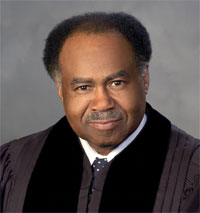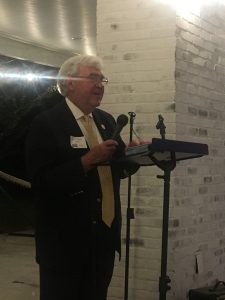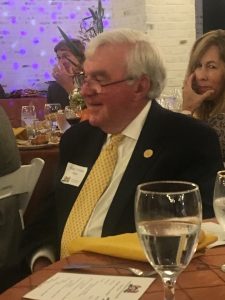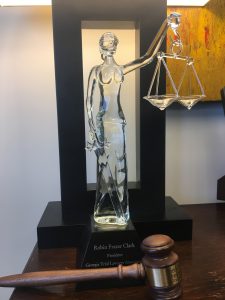 Do you believe that “Like a good neighbor, State Farm is there?” I have previously presented plenty of evidence that the answer to that question of whether State Farm is like a good neighbor is a resounding “no.” If you recall, in my case Eells v. State Farm, State Farm did everything it could possibly do within the bounds of the law (but outside the bounds of moral and ethical decency) to prevent its own policyholder from collecting on an uninsured motorist claim after the policyholder had paid premiums to State Farm for over 40 years. I blogged about that case, which went all the way to the Georgia Court of Appeals, where we prevailed, before it was resolved. The bottom line is that State Farm will do nearly anything to avoid paying legitimate personal injury claims, including forcing its insureds to endure a trial and potential personal exposure, rather than settle a clear liability suit prior to trial.
Do you believe that “Like a good neighbor, State Farm is there?” I have previously presented plenty of evidence that the answer to that question of whether State Farm is like a good neighbor is a resounding “no.” If you recall, in my case Eells v. State Farm, State Farm did everything it could possibly do within the bounds of the law (but outside the bounds of moral and ethical decency) to prevent its own policyholder from collecting on an uninsured motorist claim after the policyholder had paid premiums to State Farm for over 40 years. I blogged about that case, which went all the way to the Georgia Court of Appeals, where we prevailed, before it was resolved. The bottom line is that State Farm will do nearly anything to avoid paying legitimate personal injury claims, including forcing its insureds to endure a trial and potential personal exposure, rather than settle a clear liability suit prior to trial.
My son, a great lover of the sport of basketball, likes to say “The ball don’t lie.” Well, the two cases I am going to tell you about involving State Farm clearly share the theme of “the ball don’t lie,” meaning the truth ultimately comes out. Two recent trials in Georgia have placed the litigious policies of State Farm in the spotlight. The first trial was tried last month by James Robson and Robert Glass in Cobb County. The jury returned a verdict in favor of the plaintiff for $850,000.00 after just two and a half hours of deliberation. The at-fault driver, insured by State Farm, had only $100,000.00 in liability coverage. The plaintiff’s attorneys demanded the $100,000.00 to settle the case prior to trial, even though the plaintiff’s medical bills from her injuries were nearly $170,000.00. This means any verdict for the plaintiff would be very likely to be in excess of $170,000.00. State Farm had the opportunity (and the contractual duty) to resolve the case prior to trial for the demanded policy limits of $100,000.00. The plaintiff’s attorneys gave State Farm and extension of time to decide to pay the policy limits and even had the plaintiff’s treating physician speak by telephone to the State Farm adjuster confirming for her the plaintiff required neck surgery from the car wreck. But did State Farm do the right thing? No. State offered only $22,500.00 to settle the case, even after admitting their insured was at fault in causing the wreck. The jury returned what is known as an “excess verdict,” i.e., over the policy limits, and because State Farm had the clear chance to resolve the case for policy limits, will be on the hook to pay the entire verdict. You have often heard of “frivolous lawsuits” in the media but you seldom hear of “frivolous defenses.” This case was certainly one of them.
Another was in a case tried last week in Bartow County by my good friends and fellow trial lawyers Morgan Akin and Lester Tate of Akin & Tate in Cartersville. In that case, the plaintiff pulled into a roadway after stopping at a stop sign and was struck directly in the rear by a teenage driver. The investigating Georgia State Trooper measured 229 feet of skid marks left by the teenage driver as he tried to stop before rear-ending the plaintiff’s vehicle. The State Trooper found teen driver at fault. Mom of teen driver then went to State Trooper’s supervisor with photos maintaining the plaintiff just pulled out in front of him. Ultimately, the State Trooper relented and amended the accident report changing fault to that of the Plaintiff. The Plaintiff had shoulder surgery and $90,000.00 in medical bills. State Farm took up the mom’s torch, denied all liability and hired an expert who simply ignored the skid marks. The plaintiff’s expert accident reconstructionist, Herman Hill, testified that not only did the teenage driver hit the plaintiff in the rear but was going 75 MPH+ at the time of the collision based on the amount of skid marks left by her car’s tires during braking. State Farm doubled down by asserting a counter claim. The Plaintiff made a settlement demand of 100K policy limits initially and then after extensive litigation made a settlement demand of $275,000.00 prior to trial. State Farm never made an offer. The jury returned a verdict of $300,000.00. And because State Farm had the opportunity to resolve this case within the policy limits of $100,000.00 but declined to do so, State Farm will be on the hook for the entire verdict. Can you imagine being rear-ended by a teenage driver going 75 m.p.h. and then the teenage driver tries to blame you for it?
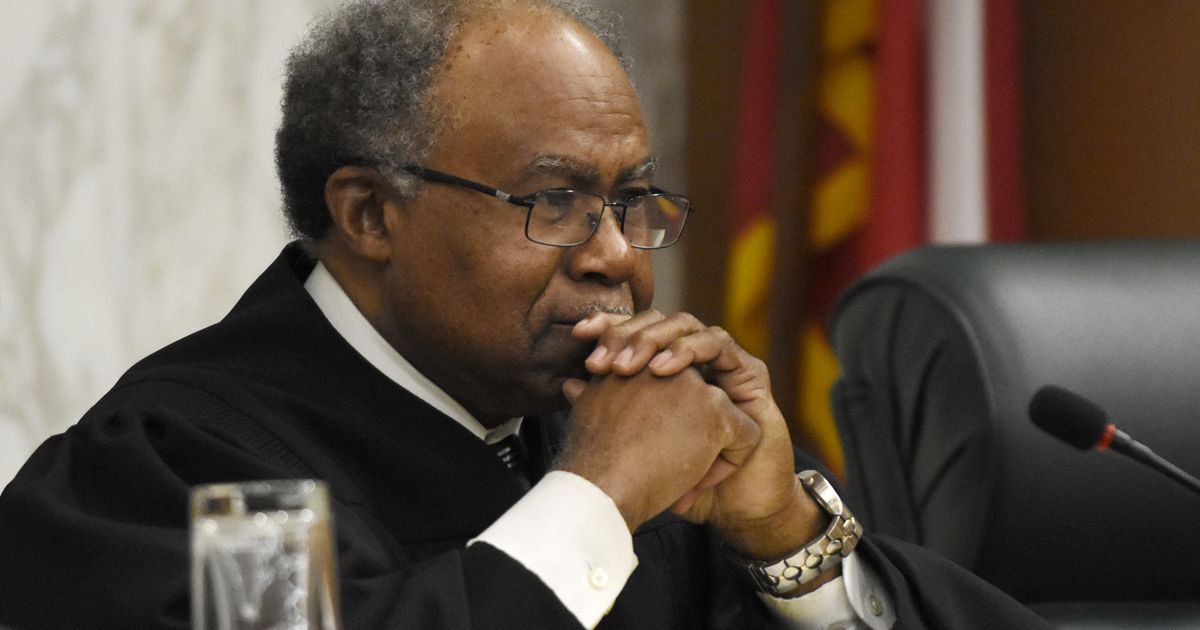
 Atlanta Injury Lawyer Blog
Atlanta Injury Lawyer Blog


